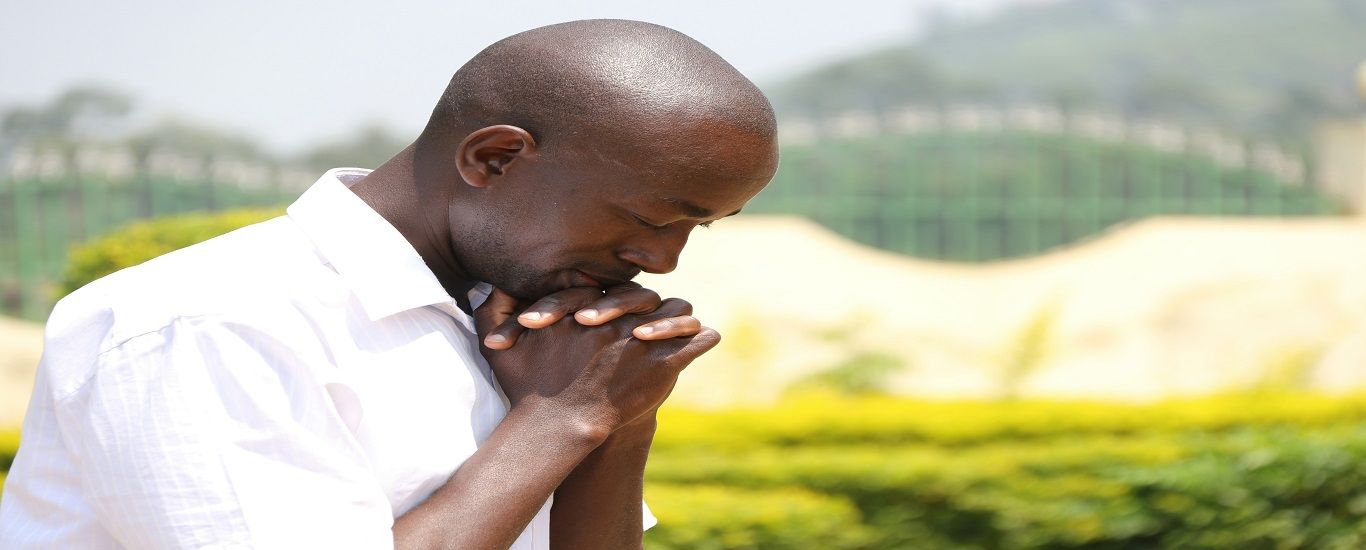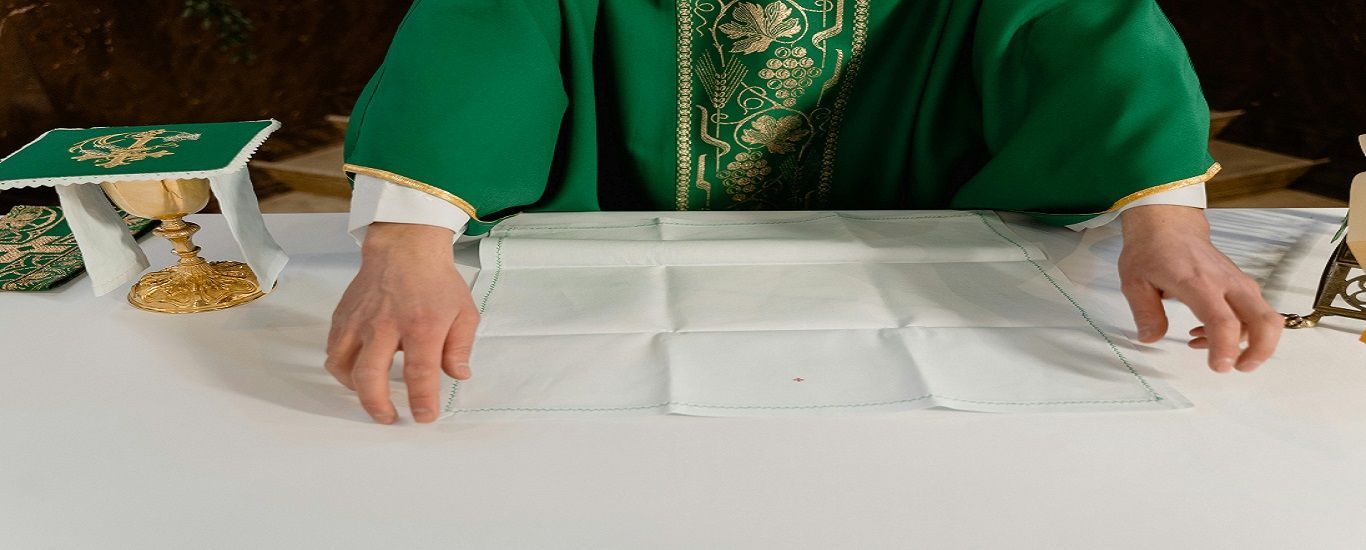More than Ordinary Servants
More than Ordinary Servants
My Brothers & Sisters in Christ
The letter of James, the second reading for the next five Sundays, captures the spirit of traditional Jewish piety, in which the love of God is to be translated into deeds of loving kindness toward the vulnerable members of the community. For us, in this postmodern age, it is a challenge to engage in a mission that is not only practical but touches the contemporary challenges of poverty, social outreach, and injustice issues that make the church relevant, attractive and transformational. This letter was written to help us to learn how to live the Christian life. James is not interested in reminding us of what we believe, or how we should worship, but how we should live.
James, therefore, challenges us in our walk with Jesus to be more than ordinary servants and to be faithful disciples, and he teaches us how to do so. Friends, this is a challenge not just to talk the talk, but to walk the walk.
How do we do this? James provides the answer throughout this letter beginning with “being doers of the word and not hearers only.” This means three things for James:
Firstly, we should bridle our tongues. (James 3:3-6)
The tongue is very powerful, and boasts of great exploits, but needs to be controlled so that we do not set forests ablaze. The first way to be doers of the word is to make sure that what we say and write, WhatsApp and share are pleasing to God. Many lives have been harmfully impacted by negative things and malicious things people share on the internet. Let us speak and write positive words that build up and encourage.
Secondly, we should care for orphans and widows. In ancient culture, orphans and widows had no direct means of support and rarely had dependable legal defenders; they were therefore very vulnerable to injustice and often oppressed. God has always shown great care for the poor and oppressed and expects us to do so as well. We cannot be doers of the word if we neglect the poor and vulnerable among us.
Thirdly, to be doers of the word we must “keep ourselves unstained by the world.” Simply put, we must live differently from the world around us. We live in the world but are not of the world. This is not easy, as Jesus articulates in today’s gospel: “the human heart is filled with evil intentions.” So, James challenges us in verse 21: “Lay aside all filthiness and overflow of wickedness.” In the words of the Baptismal liturgy, “we renounce Satan and all the spiritual forces of wickedness that rebel against God, we renounce the evil powers of this world which corrupt and destroy the creatures of God, and we renounce all sinful desires that draw us from the love of God.”
The above speaks to our inner disposition, our spirituality, and the things that affect that spirituality. What do I mean by spirituality? I like Fr. Michael Gemignani's definition, “Spirituality is that aspect of my faith that serves to guide me in how I conduct my life. It is the framework within which I operate in my desire to be faithful to God.”
So, as we look in the mirror and reflect on areas in our life where we hear God’s word but struggle to put it into practice, let us commit to taking small, actionable steps to live out our faith. Firstly, let us acknowledge our sins and ask for God’s forgiveness. Secondly, let us reach out to a spiritually mature individual, a spiritual director, and share our faith stories and challenges.
I invite you to pray this closing prayer from Lectio 365:
Father, help me to live this day to the full,
being true to you in every way.
Jesus, help me to give myself away to others,
being kind to everyone I meet.
Spirit, help me to love the lost,
proclaiming Christ in all I do and say.
Amen.
Archdeacon Patrick Cunningham






















